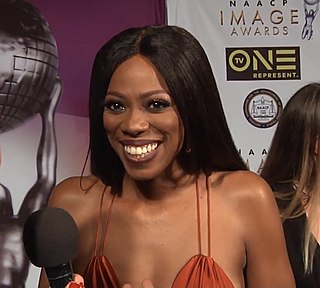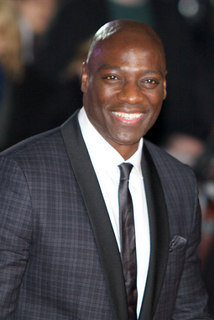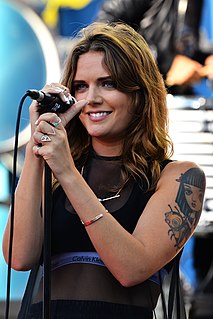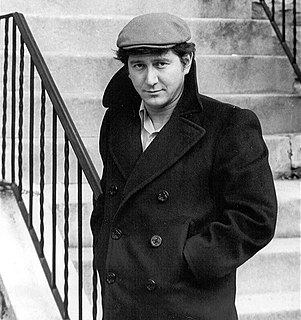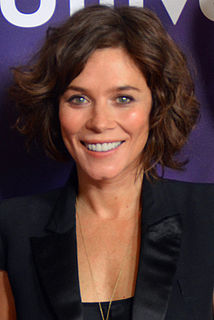A Quote by Yvonne Orji
Any show that speaks to people of color feels the burden to never mess up, never make its characters look bad - to always get it right.
Related Quotes
Certainly, I look for different characters 'cause I always like to keep people guessing, and I also don't like to get typecast. I made a concerted effort, last year and this year, to get a range of characters, just to show people the range that I have, and for them to be able to see the artistry beyond the color.
I take every role seriously. Personally, I never look at any role as Michael White. I've done that my entire life. I've never excluded myself because of color. It's never been part of the radar, when I look at anything I do. The majority of the roles that I've played have had very little to do with being black. It doesn't matter what color you are.
I think that being good to people - you'll never regret that. Maybe you'll get walked all over, maybe you'll get tricked, maybe you'll get fooled, but I think it's so much better to be kind to people and to trust people rather then to have your guard up and say mean things to people. You never want to be the reason that someone else feels bad.
But surrender also means your back's to the wall and saying, "Okay, I give up." But rather it's a joyful self-offering. When you come to the point of realizing that "I never get it right. I always make a mess of things; I can't do anything right. Let him do it." And then you ask his power to do it through you and you find suddenly that it works that way.
Television from its inception had the number one goal to alienate as few people as possible. That's why if you look at 1950s, 1960s American sitcoms, the characters don't live any place in particular, religion is never discussed, politics is never discussed, you never really know what anyone's job is; nothing that could make these people seem different from you is ever discussed.
If you get the characters right you've done sometimes nearly half the work. I sometimes find I get the characters right then the characters will often help me write the book - not what they look like that's not very important - what people look like is not about their character. You have to describe the shape they leave in the world, how they react to things, what effect they have on people and you do that by telling their story.
Any scene that involves stripping off is hell. You just know it's going to take a day or more to get it right. It never gets any better and it's always uncomfortable, and all you can do is grin and bare it. I just pray it's never gratuitous and that it doesn't look so fake that all you hear in the audience is, 'Well, that's not really her, is it?'
